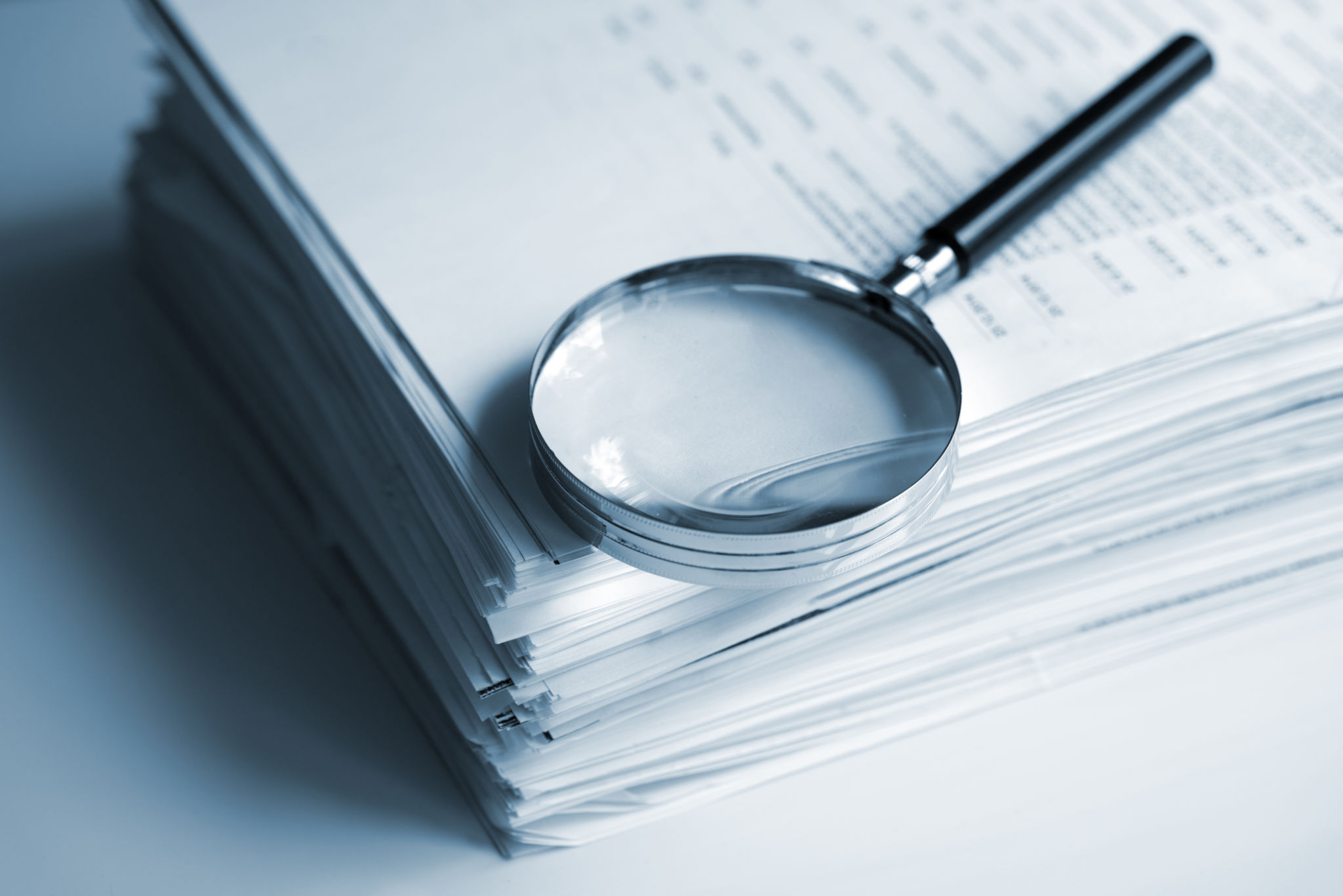Seasonal Tax Preparation Checklist: What Bellevue Residents Need to Know
Understanding Your Tax Obligations
As the tax season approaches, Bellevue residents need to prepare for their financial obligations. Knowing what's required can help you avoid unnecessary stress and ensure that you file accurately and on time. The key to a smooth tax season lies in effective planning and organization.
In Bellevue, tax requirements may vary depending on your income, property holdings, and investments. It's crucial to familiarize yourself with federal, state, and local tax laws to ensure compliance. Understanding these obligations can make the process much more manageable.

Gathering Essential Documents
The first step in your seasonal tax preparation checklist is gathering all necessary documents. This includes income statements such as W-2s, 1099s, and any other relevant income documentation. Don't forget to include records of any deductions or credits you plan to claim.
Income Documentation
Make sure to collect all your income documentation. This includes:
- W-2 forms from employers
- 1099 forms for freelance or contract work
- Bank statements and investment records
Deductions and Credits
To maximize your refund or minimize your tax liability, gather documents related to deductions and credits:
- Receipts for charitable donations
- Medical expenses
- Educational expenses

Using Tax Software or Hiring a Professional
Once your documents are organized, decide whether to use tax software or hire a professional. Each option has its benefits, so consider what suits your needs best. Tax software can be a cost-effective and efficient way to file returns, especially if your financial situation is straightforward.
Alternatively, hiring a tax professional can be advantageous if your financial circumstances are complex. Professionals can offer personalized advice and ensure that you're taking advantage of all potential deductions and credits.

Understanding Deadlines and Avoiding Penalties
It's essential to be aware of filing deadlines to avoid penalties and interest charges. The federal tax deadline typically falls on April 15th, but state deadlines may vary. Ensure that you file both federal and state taxes on time to prevent any financial repercussions.
If you're unable to file by the deadline, consider applying for an extension. However, remember that an extension to file is not an extension to pay any taxes owed.
Reviewing and Finalizing Your Return
Before submitting your tax return, review all the information for accuracy. Double-check entries for any potential errors or omissions that could lead to issues down the line. Taking the time to carefully review your return can help prevent audits and ensure that you receive any refunds promptly.
Once you're confident in the accuracy of your return, submit it electronically for faster processing. Electronic filing is not only quicker but also more secure than traditional mailing methods.
Planning for Future Tax Seasons
After filing your taxes, take steps to plan for future seasons. This may include adjusting your withholdings, setting aside funds for estimated taxes if you're self-employed, or keeping better track of deductible expenses throughout the year.
By maintaining good financial habits year-round, you can simplify the tax preparation process in the future and ensure that you're always ready when tax season rolls around again.
